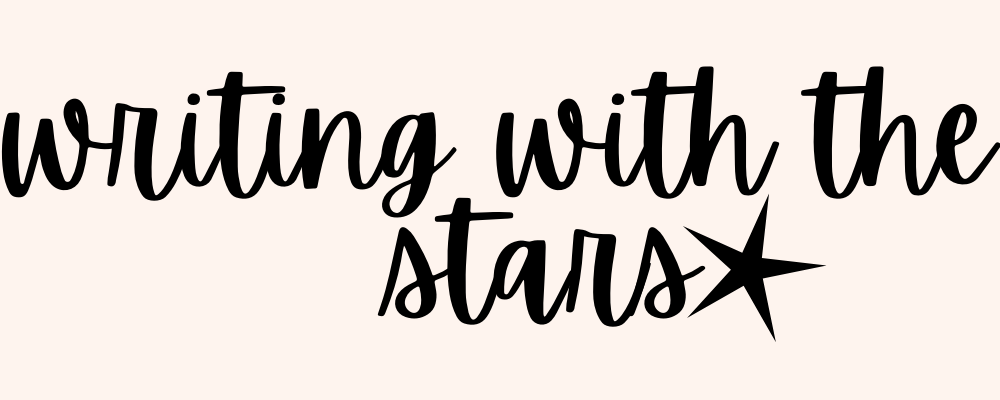Applying to scholarships is a lot like competing in a professional eating competition.
Most people think that the way to compete in an eating competition is just to eat like you normally would – just with vastly larger amounts of food.
And most people think that the key to winning a ton of scholarships is to just apply like you usually would – but just repeating the process many many more times.
But the reality is it’s all about strategy.
If your goal is to eat as much food as possible or to win as many scholarships as possible, you just can’t approach it the same way as you would when it comes to devouring one plate of food or completing just one scholarship application.
Many well-known and beloved champions of eating competitions like Matt Stonie and Raina Huang all have their own unique strategies for tackling their superhuman art.
Some like to mix in different sauces to avoid developing flavor fatigue, some dunk their hotdog buns in water so they’re easier to swallow, and some ritualistically stretch out their stomachs before a competition to expand their food capacity.
Whatever it is, there is always a strategy to achieving something that is seemingly superhuman. And today, I’ll share with you one approach I developed to winning over 30 scholarships totaling over $200,000.

In the world of scholarship applications, no one has ever laid down a law that says you have to write a brand new essay for every single scholarship that you apply for.
But there is an unspoken law that you should always submit a high-quality scholarship essay for every application you apply for.
So the most effective way to approach a high volume of scholarship applications is to spend your time developing a few really really good stories and then adapting them to the scholarship applications that come your way.
Sounds straightforward, right? Not quite. While most people are familiar with this idea of tweaking a story for multi-purposes, most people aren’t great at selecting their stories/experiences or don’t put in enough time and effort to thoroughly develop them.
And since these stories are the foundation of any scholarship essay, many essays just fall flat.
A good story should be like an Oscar-winning film. It should have real depth and dimension that keeps the audience at their feet as they’re reading and keep them thinking back about your essay even after they’ve finished reading it.
This doesn’t mean that your story has to be overly serious or a tragedy, comedies and light-hearted movies can also be multi-dimensional.
You want a story that has so many different facets, angles, and layers that it can be interpreted in a myriad of ways while always keeping you at the center of the story. And yes, you should always be the central, dynamic protagonist.
Though this isn’t always the case, it might be helpful if you think of this story as your own “origin story” if you were a superhero.
What experience changed the entire trajectory of your life? And how did that experience shape you into the individual that you are and the future that you are pursuing?
Here is a brief summary of my own origin story.
My Origin Story
The biggest life-changing event that happened to me was when I was 13 years old. Even though I was an ABC or American born Chinese, I grew up in a predominantly white suburb in Boulder, Colorado. Being so detached from Asia meant that I had no way to learn about my own heritage and native language. Recognizing that the only way for us to understand who we are is to learn about where our family came from, my parents made an extraordinary decision. They uprooted the entire family and moved us to South China. For those 3 years, we didn’t go to school. We studied online through Johns Hopkins’ Center for Talented Youth and traveled all over China visiting places like Hong Kong, Macau, Beijing, Shanghai, Shenzhen, Guangzhou, Changsha, and Xiamen. By the end of those 3 years, I became fluent in Mandarin and Cantonese and could read and write in both traditional and simplified Chinese. But it wasn’t always fun and games. While I was there, I experienced racism, sexism, and ageism for the very first time in my life and it was relentless. The discrimination was so incessant, it completely changed the way that I viewed myself and my place in the world. |

Once you’ve developed your story, you can dive into the many dimensions of your story and figure out how to tweak it to fit each scholarship that you’re applying to.
It is easier to show you how this looks like in action than to explain it so here are a few examples of how I could adapt my origin story to for a variety of different scholarships.
Diversity Scholarship
If an “Asian Fusion” restaurant were a person, that’ll most certainly be me. Even though I was born and raised in the United States, I have family history, ethnic ties, and lived experiences spanning all across Asia. If you were to describe me like a dish, I would be part Cantonese and part Taiwanese with a pinch of Vietnamese tanginess, a dash of Japanese umami, a hint of Malaysian spice with the slightest smidgen of Korean savoriness. An eclectic mix I know, but because of this fusion, I’ve found myself in the center of virtually every major event between the US and Asia. Be it a bilateral dispute, a regional conflict, or an international crisis, I am represented one way or another — and often in the middle of all opposing sides. With my chopsticks dipped in so many places, I was practically born to be an Ambassador for Diversity. So I’ve made it my life mission to foster greater cultural understanding between the East and West and can not wait to start work on my life mission here on our diverse campus. |
Women’s Scholarship
The very first time that I ever became aware of my identity as a girl was when I lived in China with my family when I was 13 years old. We were visiting friends from a neighboring village when a villager suddenly approached my mom. She pointed her finger at me and asked, “How much did she cost?” Left in complete shock, it wasn’t until afterward did I realized that the villager only asked this because she saw me with my other siblings. At a time when China still enforced the “One Child Policy,” most people would have aborted a girl in order to have a male heir. And if they decided to keep their daughters, they would have to pay an exorbitant fine. Thus, she became curious about how much my mom “paid” to keep me alive. That experience has never left me. Not only because it was unsettling how quickly girls and women can be reduced to “property” in everyday speech, but because I realized that the difference between life and death for so many baby girls came down to a fine. While the One Child Policy is unique to only China, gender-based discrimination and violence continue to be a global issue plaguing even the world’s most developed countries like the United States. Because of that, I became inspired to pursue a career in international politics to help further the representation of women from all over the world. |
Leadership Scholarship
I am a firm believer that no one is born a leader, we chose to become leaders and often not by choice but a result of circumstance — like in the case with me. At the tender age of 13, I found myself lost in the foreign country of China with my mom and two younger siblings aged 12 and 8. Even though we are Chinese-American, we didn’t speak the local language or understand any of the cultural norms. As a result, we quickly became targets of racism, sexism, and ageism. Nearly every day for 3 years, my siblings and I were picked on for calling ourselves Americans when we didn’t have blond hair and blue eyes. We were teased and humiliated in public because we looked Chinese but weren’t able to speak Chinese. We were told by grown men to marry ourselves off to bus drivers because no one would ever want girls like us. In order to survive and to protect my siblings, I was determined to fight back. Through years of hard work and dedication, I not only taught myself how to speak Cantonese and Mandarin, I learned how to read and write simplified and traditional Chinese. I learned how to effectively navigate cultural norms and I developed the confidence to speak up against anyone who ever came close to hurting my family. In a matter of years, I went from being a meek young child to the leader and protector of my family. |
If you read each of these examples separately, you probably would have thought they came from 3 different individuals. But no, these are all stories originating from one person’s experience.
All it took was some effort in thinking through the experiences I have and being really resourceful in how I spun it for each scholarship that I applied for.
This is actually a pretty complex skill so if this doesn’t make sense to you right away, don’t worry! Send me your personal questions and I’ll try my best to better explain this to you.
If you want, I can also write more about this topic. Just drop me a comment to let me know!
Hope you enjoyed this blog. I’ll catch you later. Cheerio!




